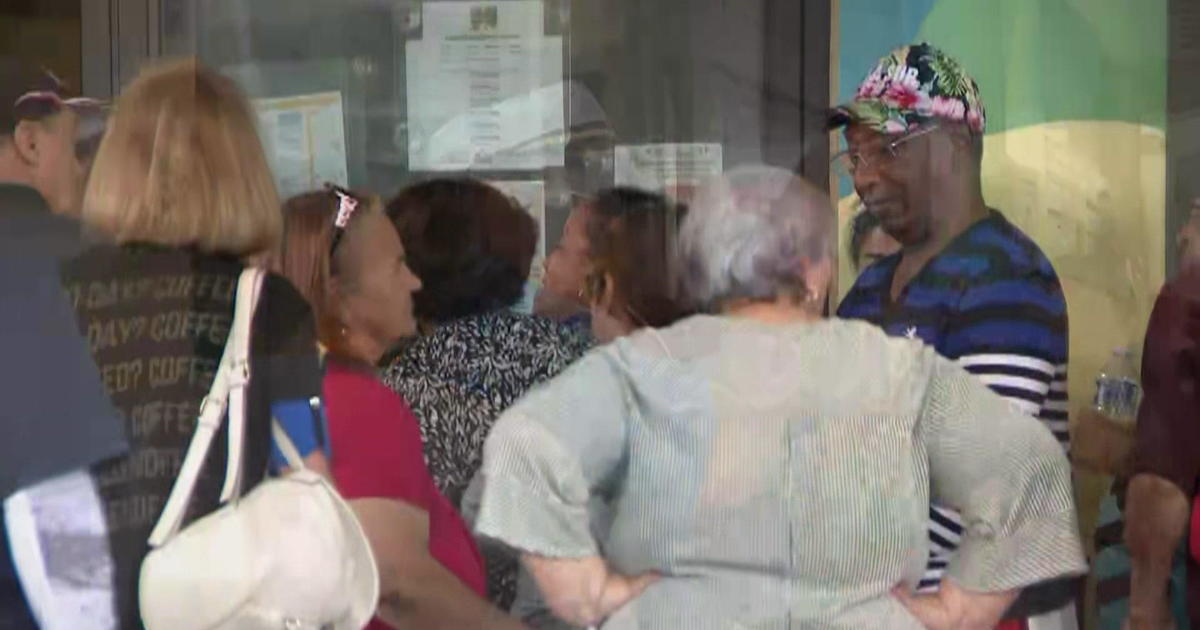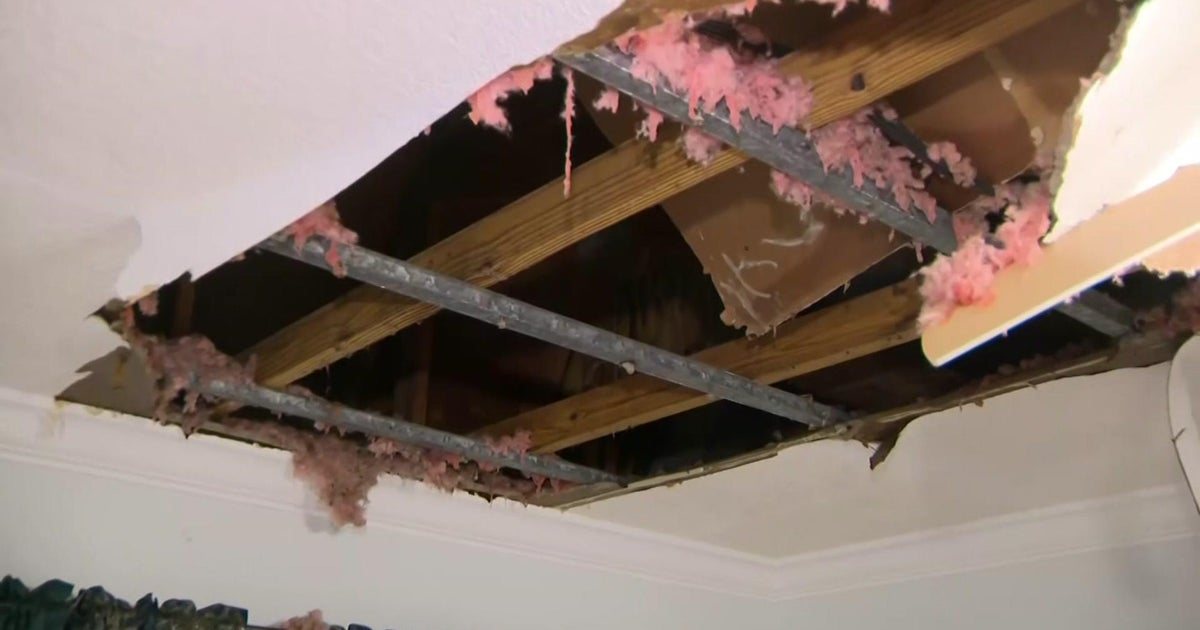Homestead Facility For Unaccompanied Minors Expanding, Currently Housing Over 1,500 Children
Follow CBSMIAMI.COM: Facebook | Twitter
HOMESTAED (CBSMiami) – A shelter for migrant children in Homestead is expanding.
The Homestead Emergency Influx Care Facility houses teenage children who crossed without a guardian and are considered unaccompanied minors.
CBS4's Karli Barnett was given access to the facility to get an inside look at the day to day operations.
It initially opened in 2016 after a record number of migrant children came across the border. It closed in 2017.
Then it opened again in March last year to accommodate an influx of children. As a so-called temporary shelter, it is able to expand and contract based on need.
Currently, they house 1,575 children, they are all between ages 13-17.
75 percent are boys and 25 percent are girls.
In December, the Department of Health and Human Services announced it would be expanding the number of beds at the facility from the current 1,600 to 2,350.
"It's totally unpredictable how many children are going to cross the border unaccompanied, which is what this program deals with. Our job is to be prepared," says Mark Weber, who is with Health and Human Services Public Affairs.
Since December, they also hired an additional 230 employees. Each has to undergo an FBI background check.
On the tour, we saw dormitories. The children are divided by age and gender. Children ages 13 to 16 are in dorms that sleep 12 to a room. 17-year-olds have a large common room with about 140 beds.
All of the children attend classes including, Math, Science, Reading, English and Spanish. Each classroom has about 36 students with one teacher and four supervisors.
They also play sports and even have talent shows.
The cafeteria serves three meals and three snacks a day. When we went, lunch included fish, rice, beans, and fruit.
A medical center is staffed 24/7 with four doctors as well as a number of physicians assistants and nurses.
The command center keeps track of the children and is focused on finding family members or a sponsor once they are brought to the facility from border patrol.
"We work quickly to identify a sponsor here in the United States. Most all of those sponsors are parents or a close relative," Weber says.
The children spend an average of 60 days at the facility before they are able to be released.
Since last March, about 6,000 children have been placed at the site, and 4,450 have been discharged.
Homestead is now the only temporary emergency shelter after the recent closing of a shelter in Tornillo, Texas. However, no children were transferred from Tornillo to Homestead. They were all placed with sponsors.
There are also no children there as a result of the Trump Administration's Zero Tolerance Policy, so they were not separated from their families.
Weber says April and May of 2018 they did house about 140 children brought their due to the Zero Tolerance Policy, but they have all since been placed.
We were not allowed to speak to the children for privacy reasons, but while they were walking to classes and meals they smiled, waved and said "good morning."
Many of the children, we are told, were victims of trafficking or other hardships.
All appeared to be well taken care of.
"For those who continue to call it a detention center, this is really a residential center for children," Weber says. "It's a temporary shelter while we are working to find a sponsor for them."
The cost to keep it up and running is about $750 per day, per child. Those are federal dollars.
That's compared to $250 per day, per child at traditional shelters.
At the 100 facilities across 17 states, they are operating at a rate of about 200 children in the system and 200 children out of the system each day.



